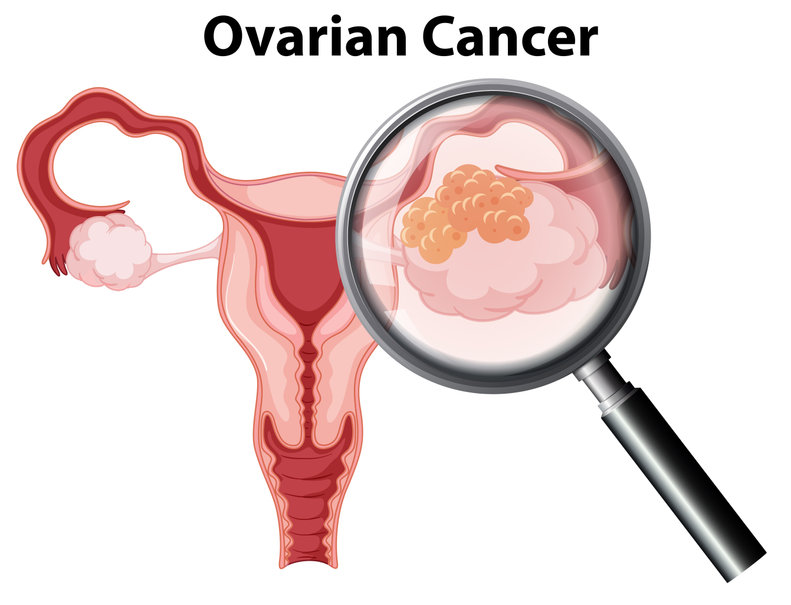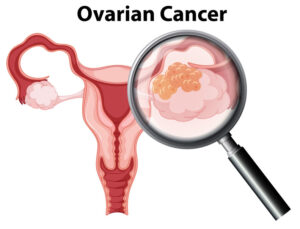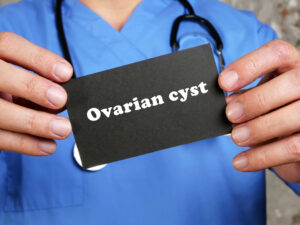Ovarian Cancer Treatment
As previously stated, staging determines treatment. Your general health will also play a role in determining the best treatment options for you.

Surgery
This is the main treatment for ovarian cancer. Surgery is done to remove the tumor. However, your doctor may prescribe a hysterectomy. This could involve removing one or both ovaries, fallopian tubes, uterus, nearby lymph nodes, and pelvic tissue.
Your doctor will discuss with you what your surgery will entail.
Chemotherapy
Chemotherapy is used to kill cancerous cells.
It can be used after surgery to kill whatever cancerous cell might be left. It also can be used before surgery.
Chemotherapy may have adverse side effects. Its route of administration, i.e., oral, injection, iv infusion, will determine the extent of its effects on the body.
Your doctor will discuss all you need to know with you.
Targeted Therapies
These therapies target those specific cells that promote cancerous growth. Targeted therapy lessens adverse effects, as it targets a specific part of the body.
Examples include angiogenesis inhibitors and monoclonal antibody therapy.
Other forms of treatment include:
- Radiation therapy: the use of X-rays to kill cancerous cells
- Immunotherapy: boosting the immune system to help the body fight against cancer.
Treatments such as chemotherapy, radiation, and surgery can affect your chances of getting pregnant.
If pregnancy is something you desire in the future, then it’s crucial to talk to your doctor about it. Several fertility preservation methods can be used to ensure you can get pregnant in the future.
Some include:
- Oocyte freezing; freezing an unfertilized egg
- Embryo freezing; freezing a fertilized egg
- Freezing and preserving ovarian tissue
- Ovarian suppression; taking hormones to temporarily suppress ovarian function.
Ovarian Cancer Survival Rates

The survival rate tells you the number of people who had the same type of cancer that are alive after diagnosis and treatment.
It is usually estimated over 5 years after treatment.
These numbers don’t tell you how long you will live, they do show how successful treatment is for a particular type of cancer.
- For ovarian cancers that have not spread outside of the ovaries, the survival rate is 93%-98%
- For ovarian cancers that have spread outside the ovary to surrounding areas and the lymph nodes, the survival rate is 71% – 94%
- For cancers that have spread to the lungs and liver, the survival rate is 31% – 73%
Even if you have been diagnosed with ovarian cancer, there is hope. Read the stories of women who have survived.










